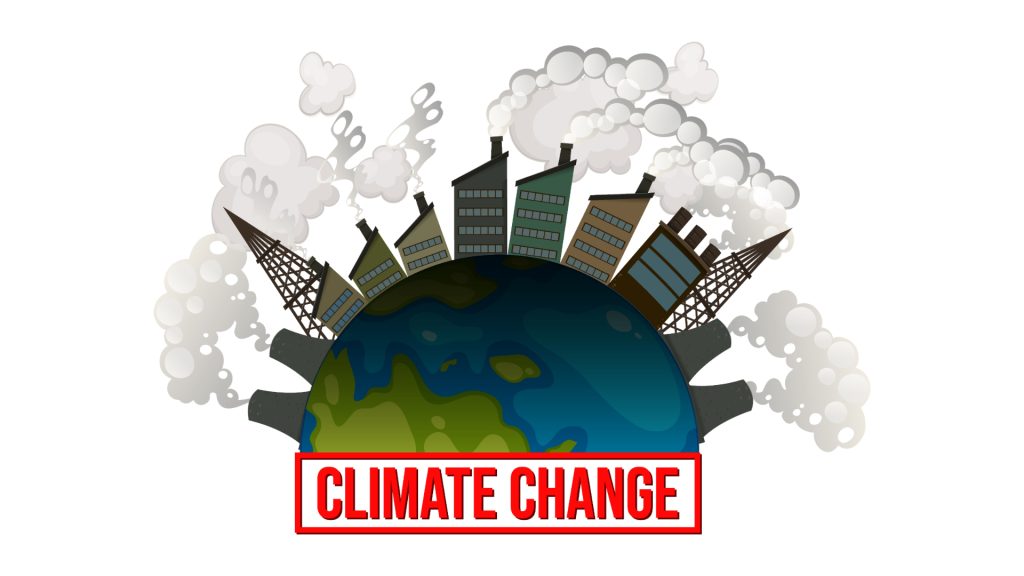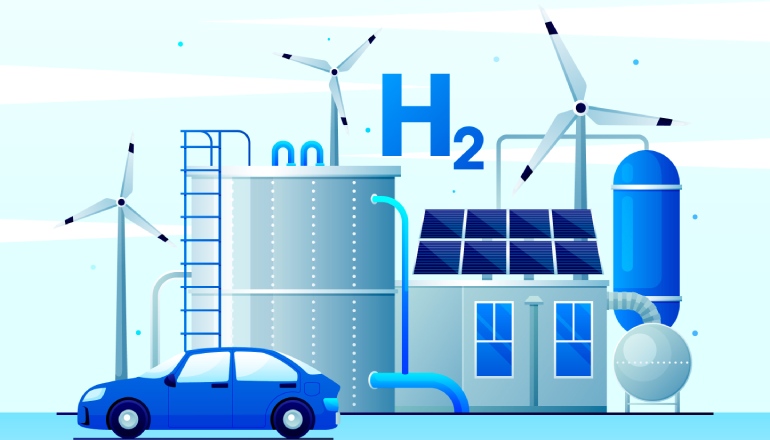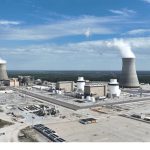To meet the objectives of the Paris Agreement and close the approximately 600 Gt emissions reduction ambition gap by 2050, more than 100 CEOs and senior executives from the Alliance of CEO Climate Leaders have sent an open letter to world leaders.
The letter sent ahead of the UN Climate Change Conference 2024, or COP29 urges governments and the private sector to strengthen their cooperation.
The alliance has urged policymakers and regulators to strengthen the business case for climate action and encourage investment ahead of COP29. To bridge the ambition gap, they have urged governments to improve their Nationally Determined Contributions (NDCs) and engage in global cooperation by providing transparent and well-defined transition plans. They have also called for de-risking private capital flows and increasing climate finance from billions to trillions.
To achieve net zero, the alliance urged other business leaders to make a strategic and financial commitment, set science-based goals, report on their progress, and create plans for climate transition that align with changing frameworks and standards. By helping suppliers decarbonize through technical support, capability building, knowledge sharing, and financial mechanisms, they also promoted cross-sector value chain collaboration.
Seven of these signatories are from India. An overview of their approaches to climate change:
Hindustan Zinc:

As a pioneer in corporate sustainability and climate action, Hindustan Zinc Limited (HZL) is dedicated to reaching net zero emissions by 2050 or earlier. By 2026, they plan to cut emissions by 14% and 20%, use electric vehicles and renewable energy, increase fuel efficiency, monitor emissions with a Continuous Emission Monitoring System, and conserve biodiversity. The international environmental non-profit CDP has named HZL on its “A-List” in recognition of its efforts to mitigate and adapt to climate change. Arun Misra, Chief Executive Officer
Indorama Ventures:

Indorama Ventures has pledged to prevent unintentional pollution and reduce energy use, greenhouse gas emissions, and other pollutants. We are also committed to lowering waste production, keeping waste out of landfills, and reducing water use and discharge. These activities have a major positive impact on biodiversity, climate resilience, and global warming. Aloke Lohia, CEO
Infosys:

Infosys has pledged to maintain carbon neutrality across Scope 1, 2, and 3 emissions annually as part of our ESG Vision 2030. By 2040, our Climate Pledge—a joint initiative with Amazon and Global Optimism—aims to achieve net zero. The first Indian business to take part in the RE 100 initiative is Infosys.
Salil Parekh, Managing Director and CEO
Mahindra Group
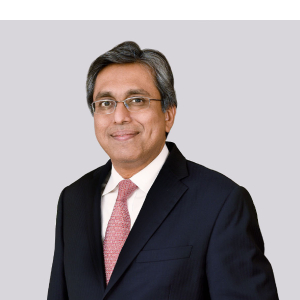
The Mahindra Group is tackling climate change and environmental sustainability by putting the Planet Positive Framework into practice. By 2040, this entails reaching carbon neutrality, expanding portfolios of renewable energy, initiating net-zero energy projects, encouraging water conservation, setting the standard for reporting and disclosures, fostering green technology, and pushing for climate action. One of the biggest renewable energy EPC companies in India is Mahindra Susten.
Dr. Anish Shah, Managing Director and Group CEO
ReNew Power:

The cost of storage is predicted to drop in the upcoming years, and renewable energy is becoming more accessible. This will have a major impact on global economies and societies by altering the production and consumption of energy. Using renewable energy can increase equality and empower communities. India needs to take decisive action against climate change, and trade agreements, business deals, and security alliances should all be contingent on climate action. At COP 28 in Dubai, the world reached a bold agreement to phase out fossil fuels.
Sumant Sinha, Chairman and Chief Executive Officer, ReNew; Co-Chair, Alliance of CEO Climate Leaders
Tata Steel:
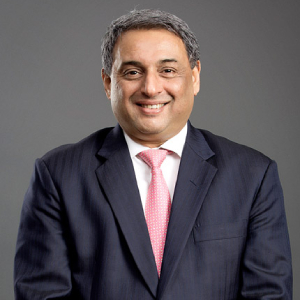
In addition to achieving carbon neutrality by 2045, Tata Steel wants to improve air quality, stop biodiversity loss by 2030, achieve net-zero water consumption by 2030, and cut its greenhouse gas emissions by 95% between 2036 and 2050. The company intends to increase scrap use in its IJmuiden plant and has put in place programs like the Green Steel Plan, which lowers nitrogen dioxide and particulate matter. In terms of climate disclosure, Tata Steel is a world leader.
T V Narendran, Managing Director and CEO
Wipro:

Wipro wants to operate on only renewable energy by 2030 and reach net-zero greenhouse gas emissions by 2040. The business is dedicated to generating economic value that is both socially and environmentally responsible. Wipro recommends internal carbon pricing for companies and provides sustainability services.
Srinivas Pallia, Managing Director and CEO
Overall, the alliance represents $4 trillion in revenues and 12 million employees, with a combined revenue of $4 trillion. The letter emphasizes the need for transformative policies and actions to achieve net-zero emissions reduction by 2050. The alliance has delivered a collective 10% reduction from 2019 to 2022, as per the World Economic Forum.
In conclusion, the climate crisis is just one of many challenges facing humanity, and urgent collaborative action is needed to ensure a just and equitable transition and avoid systemic shocks.


